Crisis Lines: For immediate help Call 1-800-273-8255 or International numbers can be found
About PAM
PAM, short for Pause a Moment, is an educational platform that teaches skills designed to improve emotional well-being. Our mission is to improve the emotional well-being of healthcare workers impacted by the COVID-19 pandemic, by providing opportunities to learn and practice these tools aimed towards cultivating effective coping, self-care, and resilience-building strategies, among others.
PAM is built for individuals who want to pause a moment to focus on their emotional health. It is not intended to be, or to substitute for, psychotherapy. However, it was developed to support you to learn and use tools and practice skills that can help you cope with the stress, anxiety, sadness, guilt and other emotional impacts of the pandemic. The PAM platform tailors its tools and recommendations based on your goals, symptoms, and progress.
Development started at the end of 2020 and PAM launched in early 2022, in response to the increase in distress and mental health concerns among healthcare workers as a result of the COVID-19 pandemic.
PAM was developed by Stanford University School of Medicine faculty working with faculty and students from Stanford, the University of Michigan, Palo Alto University, and Columbia University in collaboration with healthcare workers. A full breakdown of our team can be found here.
Team PAM
Leads
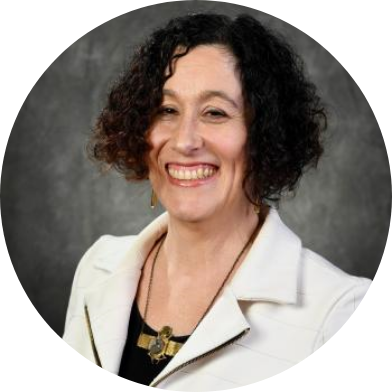
Debra Kaysen, PhD
Clinical Psychologist. Professor, Psychiatry & Behavioral Sciences, Stanford University; Research Scientist, Dissemination and Training Division, National Center for PTSD
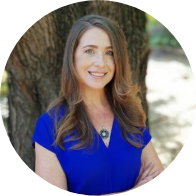
Shannon Wiltsey Stirman, PhD
Clinical Psychologist and Implementation Scientist. Associate Professor, Psychiatry & Behavioral Sciences, Stanford University; Dissemination and Training Division, National Center for PTSD; Co-Director, Stanford Mental Health Innovation and Technology Hub
Core Team

Eric Kuhn, PhD
Clinical Psychologist, Clinical Associate Professor (Affiliated), Psychiatry & Behavioral Sciences, Stanford University; Dissemination and Training Division, National Center for PTSD; Co-Director, Stanford Mental Health Innovation and Technology Hub

David S. Hong, MD
Psychiatrist, Associate Director of Clinical Neuroscience, Psychiatry & Behavioral Sciences, Stanford University, Co-Director, Stanford Mental Health Innovation and Technology Hub

Szu Chi Huang, PhD (Marketing), MA (Advertising)
Associate Professor, Graduate School of Business., Stanford University

Janice Kuo, PhD
Associate Professor, Department of Psychology, Palo Alto University
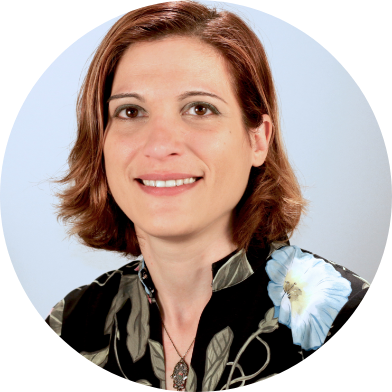
Inbal Nahum-Shani, PhD, MA (Educational Leadership and Policy)
Research Associate Professor. University of Michigan, Behavioral and Management Sciences. Co-Director Data Science for Dynamic Decision-Making Lab.
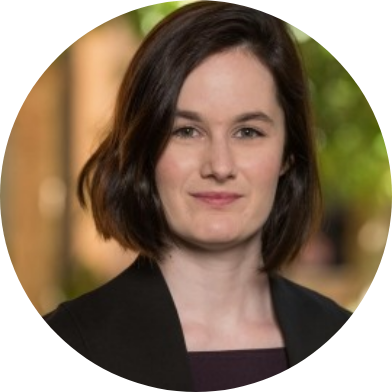
Melanie Brucks, PhD (Marketing)
Assistant Professor, Business School, Columbia University.
Consultants

Pat Arean, PhD
Professor, Department of Psychiatry & Behavioral Sciences, Director, ALACRITY Center & Director, CREATIV Lab at University of Washington

David Mohr, PhD
Director, Center for Behavioral Intervention Technologies (CBITs), Professor of Preventive Medicine (Behavioral Medicine), Medical Social Sciences and Psychiatry and Behavioral Sciences, Northwestern University

Sherry Pagoto, PhD
Professor, Department of Allied Health Sciences, University of Connecticut Director of the University of Connecticut Center for mHealth and Social Media
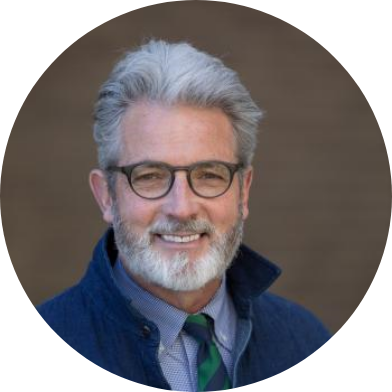
Mark McGovern, PhD
Clinical Psychologist and Implementation Scientist. Co-Chief of the Division of Public Mental Health and Population Sciences, Medical Director of Integrated Behavioral Health in the Division of Primary Care and Population Health in the Department of Medicine, Psychiatry & Behavioral Sciences, Stanford University

Pablo Paredes, PhD (Computer Science), MBA
User Centered Design, Human Factors. Assistant Professor, Psychiatry & Behavioral Sciences, Stanford University.
Healthcare Consultants
PAM could not have been developed without input and feedback from the healthcare community.Over twenty individuals working in a variety of roles including nurses, housekeeping staff, medical scribes, doctors, and health aids, dental practice managers, and other essential workers (some of whom remain anonymous) provided input and feedback on the design and content.We would like to acknowledge and thank some of our core advisors here, as well as the many others who gave their time to support PAM’s development.

Gigi Guan, RN

Daniel Peng, MD
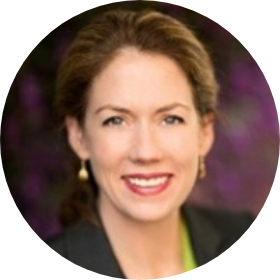
Karin Molander, MD
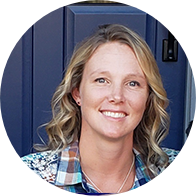
Emily Brown, RN

Nastasia Poso, RN

Martine Bernstein

Jansey Lagdamen, ED Medical Scribe
Students and Assistants

Jacob Merrin

Arlene Suarez

Kera Swanson
Innovation Tournament Contributions
At the beginning of the project, we ran an innovation and idea generation tournament for students and community members to contribute ideas and concepts and to begin our process of integrating stakeholder input into the project.We are grateful for their ideas and contributions.
Winning team: Team Listen -
Grace Cheng, Tyler Ma Yep, Shaoli Yusaf
Grace Cheng, Tyler Ma Yep, Shaoli Yusaf
Second Place: Team EnCompass -
Janet Azar, Chris Berniel Cobashatse
Janet Azar, Chris Berniel Cobashatse
Third Place: Team WassUp -
Susan Zhou, Pooja Raghani, Luciana Frazao
Susan Zhou, Pooja Raghani, Luciana Frazao
Development
Design




Copyright 2025. Stanford University.